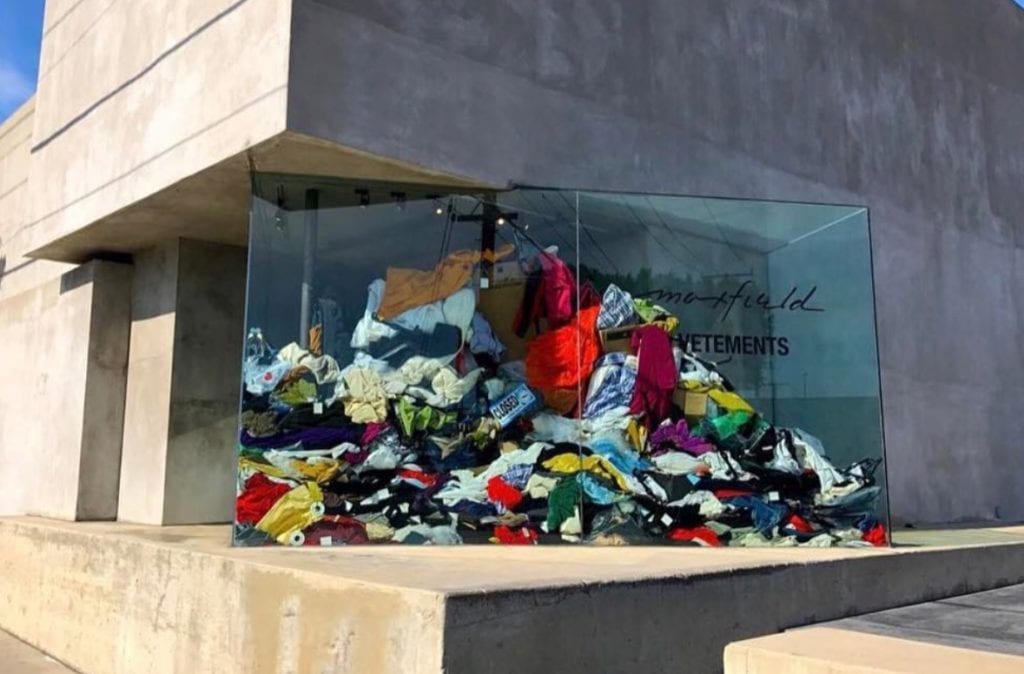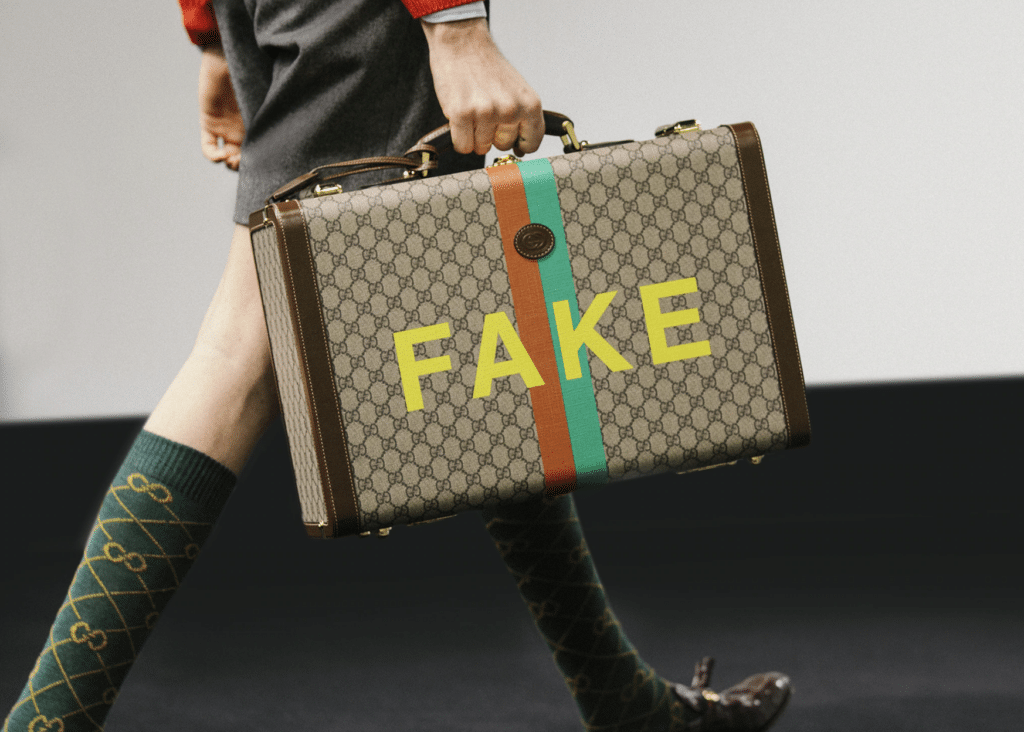On the heels of widespread reports that fashion brands ranging from H&M to Burberry and Louis Vuitton routinely destroy unsold products, a French politician wants to ban such behavior by law. Brune Poirson, the Secretary of State to the Minister for the Ecological and Inclusive Transition, is “drafting a law to prevent companies from destroying unsold clothing,” per WWD, the latest step in an effort first announced last year when French Prime Minister Edouard Philippe introduced fifty proposals aimed at the development of the country’s circular economy.
The 50-point “Roadmap for the Circular Economy” was released in April 2018, and aims to improve production methods, enhance consumption behavior, advance waste recycling, and secure the broadest possible stakeholder involvement. The French government noted in conjunction with the release of the roadmap – which includes a point that “by 2019, [the French government will] put in place in the textile sector the major principles of the fight against food waste in order to ensure that unsold materials in this sector are not thrown away or destroyed” – that is will be followed by a bill and regulatory measures to be enacted by the end of 2019. Ms. Poirson’s legislation is part of that effort.
“Too many companies feel OK with just throwing away or destroying the shoes or the clothing that haven’t been sold,” Poirson said in a speech. “You can’t do this anymore.”
Destruction of otherwise marketable products by brands has been a particularly popular topic of discussion in the wake of a number of brands coming under fire for such practices. In July, Burberry revealed in its 2017/18 annual report that the “cost of finished goods physically destroyed in the year was $37.8 million,” that is up from the $35.6 million figure the brand cited for 2017. Swedish fast fashion giant, H&M, had previously made headlines for allegedly burning at least 60 tons of unworn apparel, while Richemont, the parent company to watchmakers Cartier, Piaget, Baume & Mercier, and Vacheron Constantin, among others, made headlines for “allegedly destroying its expensive, unsold watches.”
Still yet, Paris-based Louis Vuitton has – for years – been plagued with reports that it destroys unsold leather goods as part of a large-scale scheme to maintain its brand image, at least in part from the tarnishment that comes from the grey market and thus, the sale of its wares at unapproved prices by unaffiliated retailers.
Beyond efforts to save face, so to speak, brands that import goods into the U.S. often resort to destroying unused products as a way to benefit from the “drawback” or the return of certain duties, internal and revenue taxes and certain fees collected upon the importation of products into the U.S., for instance, from France.
In accordance with U.S. Customs and Border Protection program (and 19 USC § 1313, the section of U.S. Code, which centers on “drawback and refunds”), “If imported merchandise is unused and exported or destroyed under Customs supervision, 99 percent of the duties, taxes or fees paid on the merchandise by reason of importation may be recovered as drawback.”
Given that Louis Vuitton, for one, is headquartered in France (home of the impending new proposed legislation), it will be interesting to see if – and how – its business will be effected.











